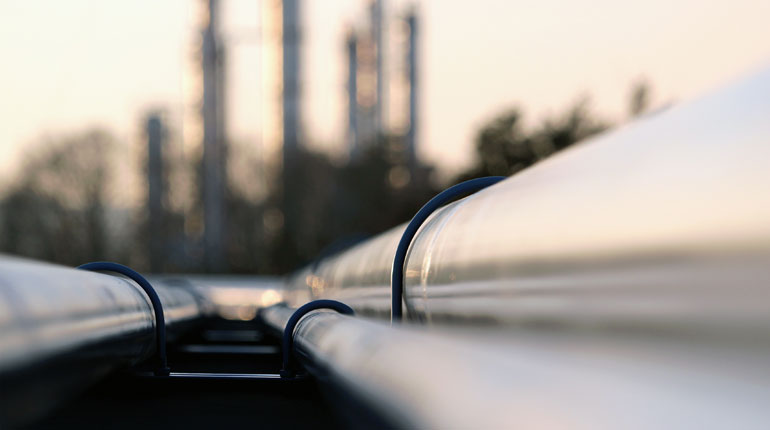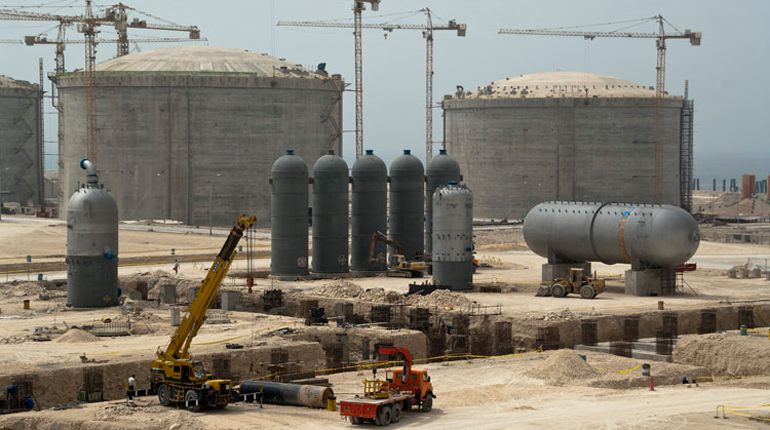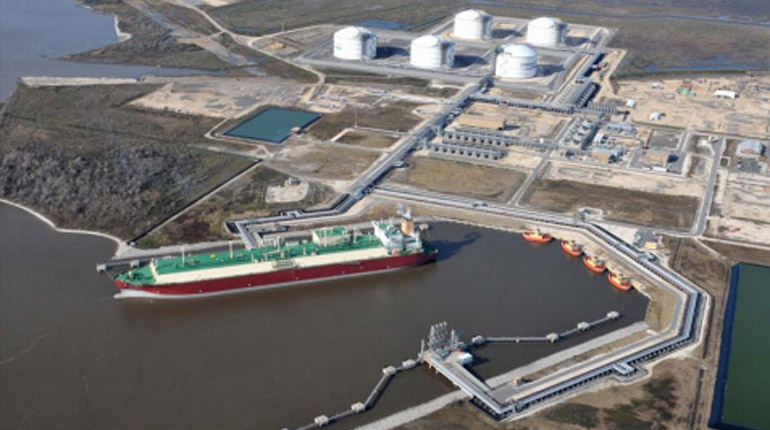 Gazprom has warned against expanding other companies’ export rights to pipelines. (Gazprom)
Gazprom has warned against expanding other companies’ export rights to pipelines. (Gazprom)
The split over the future of Russia’s gas export policy has widened this week with the Federal Antimonopoly Service (FAS) coming out in favour of liberalisation measures that would allow new players to export via pipeline, but Russia’s deputy prime minister insists no change is imminent.
Speaking in Sochi on Tuesday, Arkady Dvorkovich told reporters the government will not change the regulatory and legal environment for exporting pipeline gas, for which Gazprom holds a monopoly, and no discussions or plans are under way.
"We have no plans to change the regulatory framework related to this issue. If Gazprom wants to work on such a basis it has the right to do it itself. But I’m not sure it wants to. At least there have been comments about them not going to," Dvorkovich said.
"I know they [Gazprom] and Rosneft are discussing this among themselves. I’m aware of this, but we aren’t currently planning to change any regulations," Dvorkovich said, ostensibly confirming recent reports that the two producers are in talks.
Vladimir Drebentsov, head economist at BP – which holds a 19.7% share in Rosneft – is confident Rosneft and Novatek will receive the right to export pipeline gas to Europe. During the Flame 2016 conference in Amsterdam this week, Drebentsov said Russia’s market developments are moving forward. Novatek and Rosneft recently received the right to export LNG, and Drebentsov is optimistic they will also receive the right to export pipeline gas.
FAS’s favour
Anatoly Golomolzin, deputy director of FAS, which is responsible for competition law, told Interfax on the sidelines of Flame on Tuesday that he was in favour of wholesale reforms, which included new players being able to export via pipeline.
"For oil, for LPG, export is unrestricted. For LNG this is possible. We think it will also be possible to export pipeline gas, [this is] a topic for discussion," Golomolzin said.
Gennady Timchenko, one of the co-owners of Russian gas producer Novatek – which has also sought to export pipeline gas – told reporters in Sochi that options should be carefully assessed before any sanction is given for direct pipeline competition with Gazprom.
"Who would refuse to export gas at a price significantly above that on the domestic market? Everyone has an interest, but it is not a fact that we should demand this today," Timchenko said.
"It is a complicated issue. Moreover, it must not be approached as: ‘We want it. Let’s export.’ That’s not the way it works in our country," Timchenko, who is close to Russian President Vladimir Putin, told journalists in Sochi.
The debate over whether Gazprom should face competition for its exports to Europe has been escalating over recent months, with Rosneft and Novatek the two key alternative suppliers.
Earlier this month, Rosneft delivered a cargo of LNG to Egypt’s Ain Sokhna terminal, in what became the company’s first gas export under the terms of a law passed in late 2013 that gave Rosneft and Novatek the right to export LNG.
Gazprom has been critical of this reform and is warning against expanding it to pipelines. The company claims the changes undermine its efforts to set up a new eastern route for Russian gas exports to China and puts it at a disadvantage at home, where it acts as the last resort supplier in a market in which non-payment is rife.
"Gazprom […] is saying it has the obligation to ensure the gas supply system’s reliability and to provide households with gas at regulated tariffs. The independent producers do not have such obligations. Equal terms can be created either by worsening them for some or improving them for others. We will move towards improving them for all," Golomolzin said.
He said export auctions might be one of the first steps towards liberalising exports and allowing Russia’s so-called ‘independents’ to participate, potentially through Gazprom Export as the intermediary for all deliveries outside Russian territory.
"I don’t think there’ll be a consensus [among ministries], so liberalisation will be gradual. Of course, export netback is the most straightforward solution; it’s possible under existing legislation," Golomolzin said.
Novatek’s Chief Executive Leonid Mikhelson said previously it would be sufficient for Gazprom to buy gas from independent producers at export netback prices, which the law currently allows for.
The FAS is also planning to develop a single gas transport tariff for Gazprom in Russia. The service aims to have this ready by 2016 for implementation potentially as soon as 2017. Deregulation of wholesale prices in the domestic market could come in 2018, Golomolzin added.








Talk to us
Natural Gas Daily welcomes your comments. Email us at [email protected].